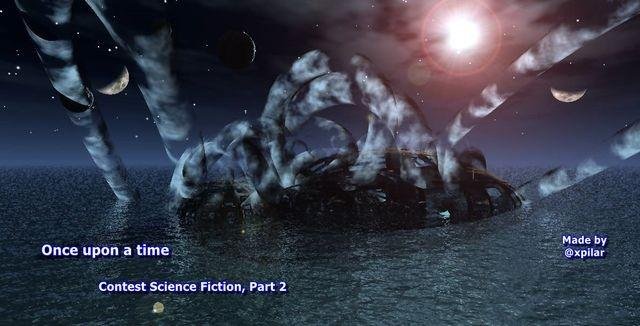We all live on the same planet and are part of the biosphere. We have come to recognize that we are in a situation of increasing interdependence, and that our future is intrinsically linked to the preservation of the global life-support systems and to the survival of all forms of life. The nations and the scientists of the world are called upon to acknowledge the urgency of using knowledge from all fields of science in a responsible manner to address human needs and aspirations without misusing this knowledge. We seek active collaboration across all the fields of scientific endeavour, that is the natural sciences such as the physical, earth and biological sciences, the biomedical and engineering sciences, and the social and human sciences. While the Framework for Action emphasizes the promise and the dynamism of the natural sciences but also their potential adverse effects, and the need to understand their impact on and relations with society, the commitment to science, as well as the challenges and the responsibilities set out in this Declaration, pertain to all fields of the sciences.
All cultures can contribute scientific knowledge of universal value. The sciences should be at the service of humanity as a whole, and should contribute to providing everyone with a deeper understanding of nature and society, a better quality of life and a sustainable and healthy environment for present and future generations.
Scientific knowledge has led to remarkable innovations that have been of great benefit to humankind. Life expectancy has increased strikingly, and cures have been discovered for many diseases. Agricultural output has risen significantly in many parts of the world to meet growing population needs. Technological developments and the use of new energy sources have created the opportunity to free humankind from arduous labour. They have also enabled the generation of an expanding and complex range of industrial products and processes.
Technologies based on new methods of communication, information handling and computation have brought unprecedented opportunities and challenges for the scientific endeavour as well as for society at large. Steadily improving scientific knowledge on the origin, functions and evolution of the universe and of life provides humankind with conceptual and practical approaches that profoundly influence its conduct and prospects.
In addition to their demonstrable benefits the applications of scientific advances and the development and expansion of human activity have also led to environmental degradation and technological disasters, and have contributed to social imbalance or exclusion. As one example, scientific progress has made it possible to manufacture sophisticated weapons, including conventional weapons and weapons of mass destruction.
Today, whilst unprecedented advances in the sciences are foreseen, there is a need for a vigorous and informed democratic debate on the production and use of scientific knowledge. The scientific community and decision-makers should seek the strengthening of public trust and support for science through such a debate. Greater interdisciplinary efforts, involving both natural and social sciences, are a prerequisite for dealing with ethical, social, cultural, environmental, gender, economic and health issues. Enhancing the role of science for a more equitable, prosperous and sustainable world requires the long-term commitment of all stakeholders, public and private, through greater investment, the appropriate review of investment priorities, and the sharing of scientific knowledge.
Most of the benefits of science are unevenly distributed, as a result of structural asymmetries among countries, regions and social groups, and between the sexes. As scientific knowledge has become a crucial factor in the production of wealth, so its distribution has become more inequitable. What distinguishes the poor (be it people or countries) from the rich is not only that they have fewer assets, but also that they are largely excluded from the creation and the benefits of scientific knowledge.
Access to scientific knowledge for peaceful purposes from a very early age is part of the right to education belonging to all men and women, and that science education is essential for human development, for creating endogenous scientific capacity and for having active and informed citizens,
Scientific research and its applications may yield significant returns towards economic growth and sustainable human development, including poverty alleviation, and that the future of humankind will become more dependent on the equitable production, distribution and use of knowledge than ever before,
Scientific research is a major driving force in the field of health and social care and that greater use of scientific knowledge
The information and communication revolution offers new and more effective means of exchanging scientific knowledge and advancing education and research,
Traditional and local knowledge systems, as dynamic expressions of perceiving and understanding the world, can make, and historically have made, a valuable contribution to science and technology, and that there is a need to preserve, protect, research and promote this cultural heritage and empirical knowledge,
The new relationship between science and society is necessary to cope with such pressing global problems as poverty, environmental degradation, inadequate public health, and food and water security, in particular those associated with population growth.
Once upon the time.
. 
Thanks for sharing a good story!
Thx u for
Thank you for your story and good information @willy1
You welcome my friend